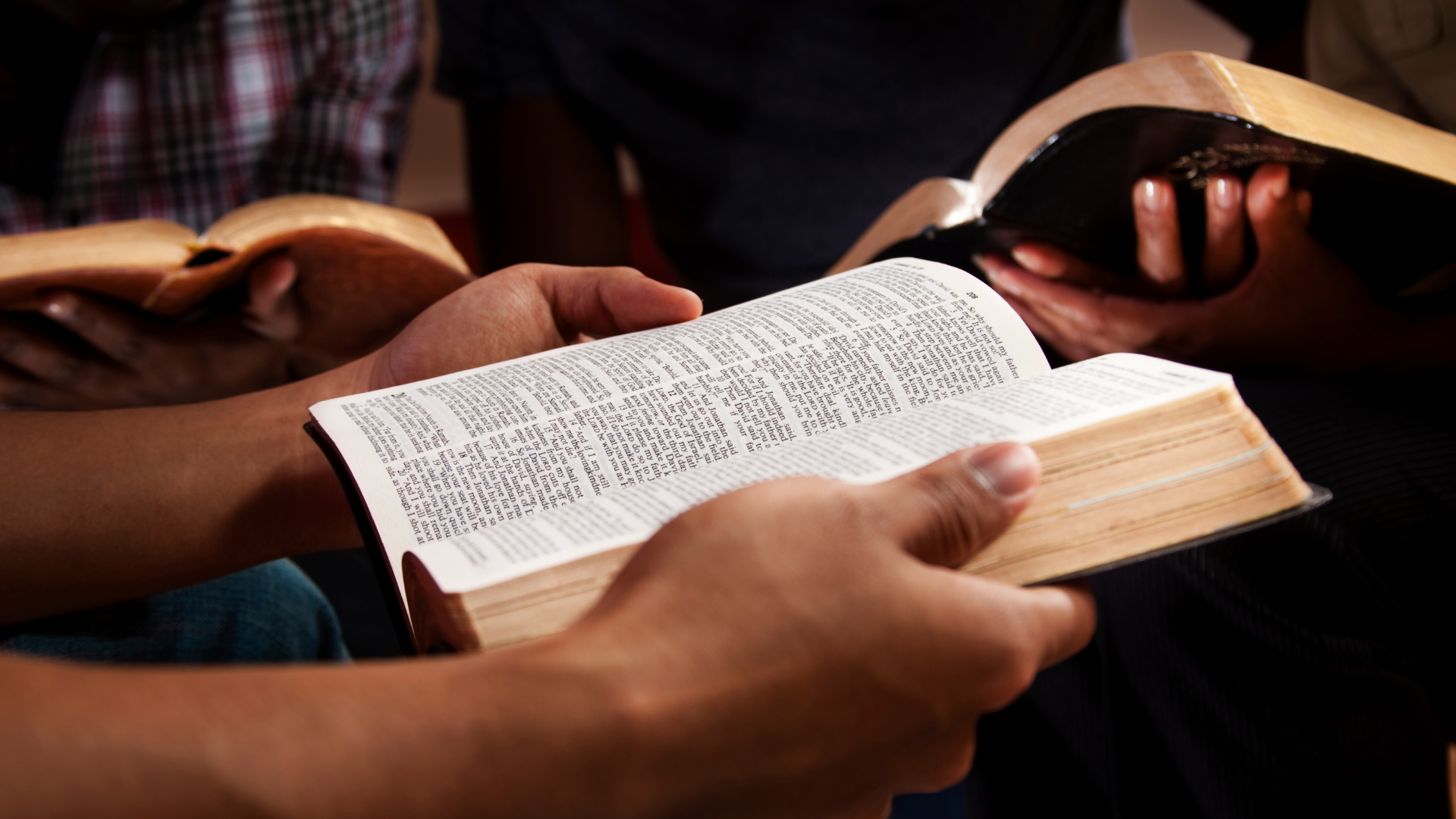August 5, 2024
Sometimes one man, and one man alone, sees a thing as it truly is, and sometimes no one else in the world cares or attempts to comprehend the vision of this solitary individual. The above phrase from Wordsworth’s poem speaks to this individuality of experience. It was named for a small flower, the Celandine, which normally goes unnoticed by most people, but when observed closely reveals an intricate pattern of color and complexity. It was interesting enough to draw him into a poetic essay regarding the beautiful and brilliant things that ordinarily go unappreciated by humanity. Wordsworth notes the possibility that he might be alone in what he calls a moment of “pleasure,” of more than just appreciation, using the recollection of a memorable book as an example of this revelation. Have you ever had one of those moments, moments when you were startled by the fact that you were the “only one?” Any one of us, no matter how dull, can hopefully recall at least one thing we have seen that would fall into this category, things that we considered beautiful or illuminating but perhaps no one else has appreciated. Sometimes they might be witnessed in nature, initiated by God, and sometimes they might occur synthetically, at the hands of man. Yet when you observe them it crosses your mind that you may be the only one who will ever appreciate them. Even sitting in a crowded theater, the entire audience paying rapt attention, there can be moments that you consider brilliant, humorous, or beautiful but go unnoticed by everyone else. ARE WE EVER THE “ONLY ONE"? In case you’re wondering where I’m going with this, we’re talking about that aspect of the human experience identified as “character,” either good or bad. Character is that elusive quality which is often defined in us in our worst moments, when crisis or external pressures are their greatest, and when we may be challenged to stand alone in our convictions. It is also observed in us in our best moments, when we are inclined to go along with the flow, enjoy the buzz of an exceptionally good moment, yet are strangely called to step out of this moment and follow a solitary cause. From childhood we are taught the importance of community through organized team sports, councils, committees, the voting process, and religion (Sociology 101.) We are taught that “no man is an island,” that one cannot stand alone, and that strength comes in numbers. It is important to feel supported in our endeavors by those we know, love, and trust. Without these we might never succeed or overcome the obstacles encountered in the course of our lives. Our community, family, friends, and colleagues are essential to our well being. Also, by and large these groups teach us the specifics of beauty, goodness, and desirability within their broader function as circles of influence. Consequently we also attempt to acquire or possess “things” with those acceptable qualities in order to secure the approval of these circles. If you doubt the validity of this last statement, consider the pursuit of “style” and fashion, particularly among today’s youth. Now comes the odd part. It is true that we live in a world of cooperation, consensus, teamwork, and “majority rule” in a democratic society. Yet, in our individual studies of the Bible, from Genesis to Revelation, does anyone recall a single occasion when the will of the majority was the right one? Were Joseph’s brothers right in throwing him in a pit and leaving him for dead because he was a self-righteous bore in their opinion? Were the Israelites correct in casting an idol of gold in order to party in front of it while Moses was gone a little too long on the mountain? Were the Israelite kings justified in threatening and killing the prophets in defiance of the edicts of God because the nation wanted to worship other gods and idols without being judged? Were the Saducees and Pharisees doing the “right” thing in conspiring to get rid of Jesus when He refused to be a team player? Obviously not. Even in those cases when the Israelites appeared to come together in acceptance and support of the sovereignty of God, these decisions were forced, as a result of impending destruction or oppressive captivity. In fact, you will only find one instance in scripture that really qualifies, that being the national repentance of Nineveh in Jonah’s time. Yet even this repentance came from the very real threat of destruction issued by the prophet. Except for those rare and notable examples of national or community bravery in the face of grave challenges, majority opinion has ordinarily been opposed to what we now see in retrospect was the appropriate and morally correct choice. Odd isn’t it, that though we live in a world of “consensus” and “majority rule”, there is little historical validation for the integrity of those concepts? They inevitably result in the deterioration or, at best, the mediocrity, of an organization, endeavor, or community. This concept is foreign, though. After all, we have been taught, as already mentioned, that our strength is in our community, and this is not a false teaching. Yet inevitably, that strength is misapplied, as the “will” of the community is corrupted. The real “Aha!” here is the realization that “groups” of people, regardless of number, are not responsible for the initiation of the great notions of history. Individuals are. All the great endeavors of history started with one person. What does the “Source” say? Inevitably I have to come back to the scriptures in order to get a handle on what I believe is the ultimate truth. And, I would like to gain some personal insight also. If there is truth to be searched for and found, is there also any corresponding response or action required on my part? So then, what does the grand “Opiner,” God, have to say about all this? In the 2 nd Psalm we hear the following warning to the councils and governing bodies of the world: 1. Why are the nations in an uproar, And the peoples devising a vain thing? 2. The kings of the earth take their stand, And the rulers take counsel together Against the Lord and against His Anointed: 3. “Let us tear their fetters apart, And cast away their cords from us!” 4. He who sits in the heavens laughs, The Lord scoffs at them. 5. Then He will speak to them in His anger And terrify them in His fury: 6. “But as for Me, I have installed My King Upon Zion, My holy mountain.” . . . 10. Now therefore, O kings, show discernment; Take warning, O judges of the earth. 11. Worship the Lord with reverence, And rejoice with trembling. 12. Do homage to the Son, lest He become angry And you perish in the way, For His wrath may soon be kindled. How blessed are all who take refuge in Him! (Psalm 2:1-6, 10-12,NASV) This poem, though several thousand years old, speaks to a constant condition, seen Biblically from the time of Nimrod and the tower of Babel to the Roman Empire of Paul’s time. Kingdoms have and will continue to conspire in retaliation to the sovereignty, and even to the idea, of God. When Jesus sent His disciples out into the “world” He issued the following warning: Behold, I send you out as sheep in the midst of wolves; therefore be shrewd as serpents, and innocent as doves. But beware of men; for they will deliver you up to the courts, and scourge you in the synagogues; and you shall even be brought before governors and kings for My sake, as a testimony to them and to the Gentiles. (Matt. 10:16-18, NASV) When Jesus said, “beware of men”, he was speaking primarily of the councils of men, although individuals, particularly the leaders, also pose a threat as they are threatened by any doctrine of true righteousness. So, now that we find ourselves in the midst of this world of power-brokering, ambition, and saber-rattling, what can we possibly hope to accomplish? Remember Jesus said “I send you out as sheep in the midst of wolves.” Oh, that sounds encouraging, particularly when He also said that we would be delivered into the hands of these wicked councils in order to be a witness for Him. And here is where “character” comes in. Dallas Willard, in his book Renovation of the Heart, identifies the faithful as “Children of Light” in an otherwise dark world. He says that we “are beyond the point where mere talk-no matter how sound- can make an impression. Demonstration is required. We must live what we talk, even in places where we cannot talk what we live.” (P.231) I recall that someone once said, “character is measured by that which we do when no one else is looking.” I would like to go a little further with that and add that character is also measured by our actions in the face of overwhelming pressure. In other words, when we are challenged or even threatened to go along with the majority opinion, despite our personal convictions, our resolve to take a stand for these convictions will be counted as character. We might find ourselves challenged in the work place, at home or with our extended family, in social settings, and even at church. Yet if we stand firm on the real issues of righteousness and faith in our transcendent God, this will be counted as character, and it is ultimately this trait which will measure our faith. As we hear and observe in our own community of faith, whether a church or home group, we then are responsible for actions in concert with these observations. Now here’s the deal We cannot gain that dimension of character that I have been alluding to without the intervention, and even the filling, of the Holy Spirit. We cannot get there on our own. Borrowing again from Dallas Willard, he indicates that “the mistake most commonly made by believers and others today,” is that they have no understanding “of the presupposition of inner transformation into Christlikeness.” (P.223) As humans, our conscience alone will not suffice to make us “good” people. He adds that this dimension of “Christlikeness” occurs as a result of the ongoing work of the Holy Spirit, called “sanctification.” Over the last several hundred years theologians have worked so hard to detail their individual concepts of the doctrine of sanctification that it has become completely convoluted, and I won’t begin to trouble you with the arguments. As a general definition, though, sanctification is the maturing and transforming work of the Holy Spirit accomplished in the believer. But this is the dimension that makes it difficult: God wants all believers to be transformed, or sanctified, but most believers want to keep some part of the world they find attractive, and consequently never fully submit themselves to this work. In other words, you gotta want it with all your heart and yet your heart won’t want it until you get it. Confused? How’d I guess? There will always be an element of doubt when we step into the unknown, just ask C.S. Lewis, but it is this very area of doubt that God loves to work with. Faith, by its very nature, involves doubt. Some may ultimately get to that place where there is no doubt, but, if so, it comes by the testing of their faith through great trials of doubt. Now we get back to character. When we, as individual believers in Jesus Christ, find ourselves tested regarding truth, morality, love, and forgiveness, and we feel the pressure to “cave in” to the seeming will of the community, our personal faith and character come into play. Obviously not all of the solitary visions of humans are correct, so you yourself must learn to test your own spirit to insure the integrity of your motives. Purely selfish concerns and personal ambition drive many. The devoted Christian walk is not just the product of making one simple decision followed by a lifelong game of miniature golf, with short, easy trails and windmills. Seek the solitary vision which God has for you, test yourself regarding your motives, and remember that you may experience it alone, as Wordsworth expressed.












